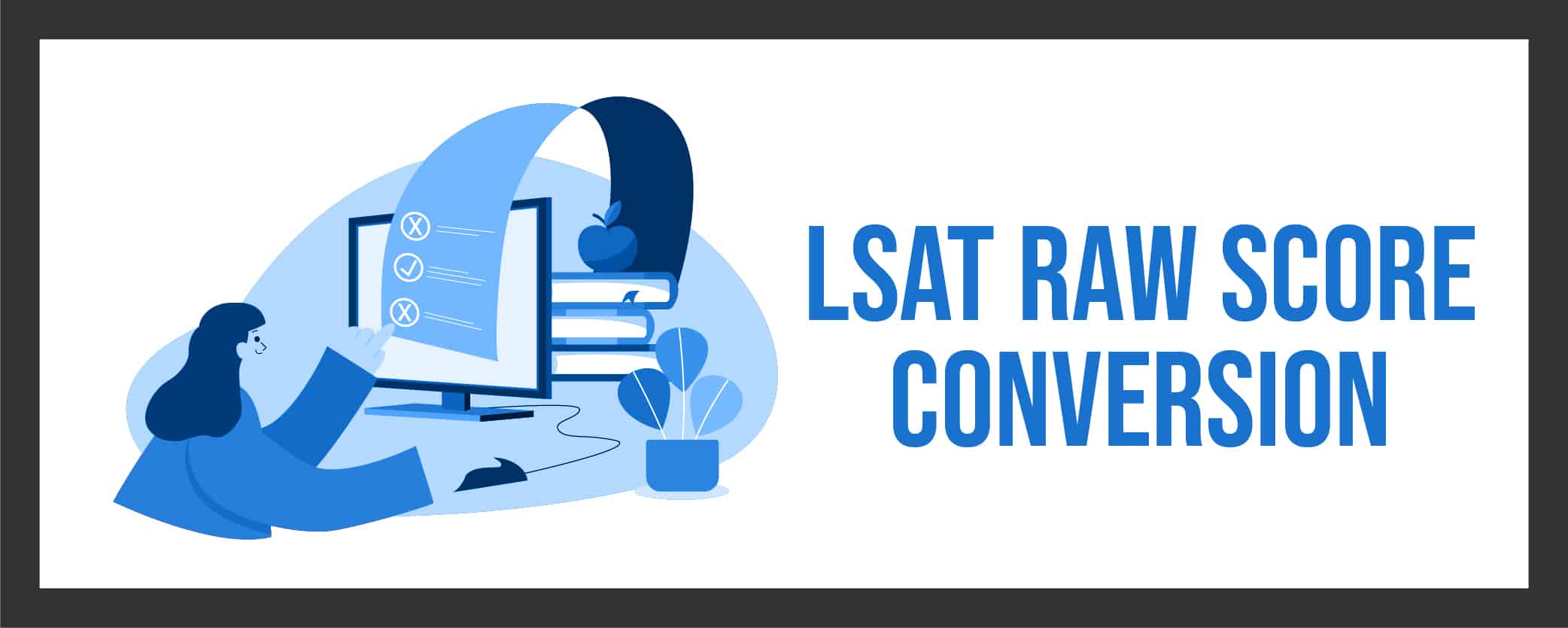Understanding the LSAT scoring system is crucial for any aspiring law student. This comprehensive guide decodes the complexities of the LSAT score converter, providing you with the knowledge to interpret your scores, strategize your preparation, and maximize your law school application potential.
Decoding the LSAT Score
Navigating the LSAT can feel like deciphering a secret code. This guide simplifies the process, explaining how your raw practice test scores translate into the scaled score (120-180) used by law schools. Whether you’re just beginning your LSAT journey or finalizing your preparations, understanding your score is paramount. We’ll explore free score converter tools, explain how the digital LSAT is scored, and provide tips on leveraging scores to refine your study plan.
Understanding Raw, Scaled, and Percentile Scores
Before delving into the converter itself, let’s clarify the different types of LSAT scores:
- Raw Score: This is simply the number of questions you answer correctly.
- Scaled Score: This is the score law schools use, ranging from 120 to 180. It’s derived from your raw score, adjusted for variations in test difficulty.
- Percentile Rank: This tells you how your score compares to other test-takers, placing your performance in a broader context.
Why LSAT Score Conversion Charts Are Vital
The LSAT score converter, typically presented as a conversion chart, bridges the gap between your raw score and the scaled score used by law schools. These charts are test-specific, accounting for the varying difficulty levels of different LSAT administrations. A raw score of 70 on one test might equal a 155, while the same raw score on a more challenging test might yield a 153.
Navigating the Digital LSAT Scoring
The transition to a digital LSAT has changed the scoring landscape. Older converters are obsolete, and you’ll need one designed for the current three-section format. Fortunately, reliable digital LSAT score converters are available from various sources, which we’ll explore shortly. Check out our dedicated section on the liteblue usps portal for additional relevant information.
Finding and Using the Right LSAT Score Converter
Reputable test prep companies like Kaplan, Khan Academy, 7Sage, and Powerscore offer reliable LSAT score converters. Choose a converter tailored to the digital LSAT and your specific needs.
Beyond simply converting your score, analyze it! Identify your strengths and weaknesses by comparing your performance across sections. For instance, a consistently lower scaled score in Reading Comprehension suggests this area requires more focused study.
From LSAT Score to Law School Acceptance
This guide goes beyond basic score conversion, exploring how your LSAT score relates to your law school prospects. We’ll delve into the average LSAT scores of admitted students at various law schools, helping you set realistic goals and tailor your application strategy. Understanding your percentile rank offers a comprehensive view of your performance, even if you have the same scaled score as another test-taker. The difficulty of each test can influence percentiles, highlighting the importance of understanding your score’s relative standing.
What Does a 67 Raw Score on the LSAT Mean?
Decoding LSAT scores can be perplexing, especially when dealing with raw scores. A 67 raw score means you answered 67 questions correctly (out of approximately 100 scored questions). This raw score is then converted to the scaled score (120-180) used by law schools. The conversion process accounts for variations in LSAT difficulty, ensuring fairness across different test administrations. A 67 raw score typically translates to a scaled score around 170, though this can vary slightly.
A 170 scaled score usually falls above the 90th percentile, suggesting strong performance. However, remember that law schools consider your entire application, including GPA, essays, and recommendations.
For a more detailed understanding, check the official LSAC resources for the precise conversion chart for your test date. 7Sage offers insightful data and resources on LSAT scores and their implications for law school admissions.
What Does a 170 LSAT Score Mean?
A 170 LSAT score represents a significant achievement, often associated with acceptance into top-tier law schools. It typically corresponds to a raw score of approximately 67 correct answers out of roughly 100 scored questions, placing you in the 98th percentile. This means you’ve likely outperformed 98% of other test-takers, making you a highly competitive applicant.
The scaling process ensures fairness by adjusting for minor difficulty variations between LSAT administrations. So, while 67 correct answers is a good target for a 170, the exact raw score might fluctuate slightly.
While a 170 significantly enhances your law school application and scholarship prospects, remember that admissions committees consider various factors. Your GPA, personal essay, letters of recommendation, and work experience all contribute to a holistic evaluation.
For accurate score estimation, take official LSAT PrepTests under timed conditions and consult reputable resources like Khan Academy, 7Sage, and Kaplan for score conversion charts. Rely on official sources and reputable test prep companies for accurate and up-to-date LSAT score information.
How Rare is a 172 on the LSAT?
A 172 LSAT score is exceptionally rare, placing you in the 99.9th percentile, outperforming almost every other test-taker. This score significantly strengthens your application to highly competitive law schools and often opens doors to merit-based scholarships.
Achieving a 172 requires more than just hard work; it demands strategic preparation, consistent practice, and a deep understanding of the LSAT. Along with academic excellence, mental resilience and focus are essential for performing under pressure.
While a 172 is a remarkable asset, remember that law schools consider a variety of factors in their holistic review process. Leverage your score to negotiate scholarships and explore specialized programs. The potential correlation between high LSAT scores and long-term success in the legal field is a topic of ongoing research. For accurate LSAT score information, rely on official sources and reputable test prep companies. An informational guide is the most effective format for understanding the nuances of LSAT score conversion and its implications.
- Unlock Water’s Symbolism: A Cross-Cultural Exploration - April 20, 2025
- Identify Black and White Snakes: Venomous or Harmless? - April 20, 2025
- Unlocking Potential: Origins High School’s NYC Story - April 20, 2025















